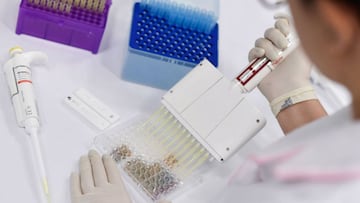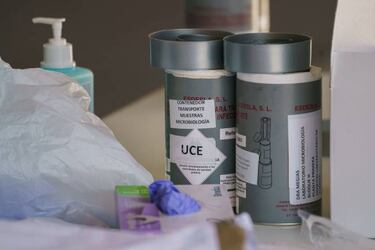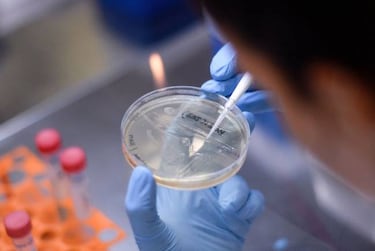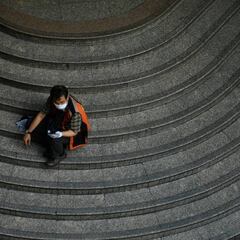Coronavirus: when will the vaccine be ready?
With the knowledge already gained from the early information in China and previous epidemics, scientists are working hard to get something in place for Covid-19.

The devastation that coronavirus is causing around the globe will come to an end, but the questions on everyone’s lips is 'how' and 'when'. Despite strategies deployed to contain and limit the spread of the disease, the answer to the first part of the question is with the introduction of a vaccine. The second part regarding a timescale is at best an estimation.
When will the coronavirus vaccine be ready?
Numerous companies across the globe are attempting to find a workable vaccine, and progress has been aided by the sharing of early information on the virus by China. The analysis that has followed in laboratories has advanced at pace, with studies into just how Sars-CoV-2 infects human cells. It is believed that there are already at least four organisations with potential vaccines, which are being tested on animals to see the effects. One, by American company Moderna, is expected to enter human trials very soon.
It may not feel like it to the average person who is suffering through the current situation, but scientists have had a head start on finding a solution to Covid-19. We have, in recent memory, experienced other coronavirus epidemics - with Sars in China (2002-04) and Mers from Saudi Arabia (2012) - and the work being done on a vaccine now builds on the back of that done then and put to one side.

The vaccine creation process
Human clinical trials take time. First the vaccine must be checked for safety, then for effectiveness to a group of a few hundred, and finally in a much larger group. Jumping ahead of this process - which can be tempting given the large number of people dying on a daily basis - is not prudent and this is why having a decent batch of candidates is important. Many of them will fail at one of the stages, and the hope is that one of them passes through to final approval.
Despite the blindly optimistic claims from US President, Donald Trump in early March, vaccines have sometimes taken decades to reach that approval stage. The general advice from the experts in this field suggest that around 18 months will be required. That takes us to the summer of 2021, quite some distance away, but a relatively speedy delivery in the world of vaccinologists.

Related stories
And having a vaccine approved is sadly not the end of the process. Political and economic challenges can make it a complicated to get the vaccine out to the many millions who require it. Often countries prioritise their key workers, like those in healthcare, as well as the defined ‘at risk’ groups of the population. Richer countries tend to use their financial muscle too, meaning others can lose out relatively.
Providing people with an accurate date therefore of when a vaccine for Covid-19 will be ready for them to be administered is impossible. The belief is that we will come out of the worst of this, and possibly go through another spell at least, before one is ready for the general population. Clearly, there is an abundance of work being done to have it available as soon as it can be. Until then, the general advice of isolation, distancing, hygiene, etc, as well as the introduction of mass testing, must be followed to keep the spread in check.

